Business
All the money borrowed in 2016 will be used to fund capital projects — Nwankwo
Published
10 years agoon
By
Olu Emmanuel
As the Federal Government of Nigeria makes concerted efforts to fund the 2016 budget deficit, the Director General of the Debt Management Office (DMO), Abraham Nwankwo, in this interview with CHIOMA OBINAGWAM, looks at various funding options available to the government, in addition to the consequences therein. Excerpts
WHAT is the value of resources that DMO is willing to raise to support infrastructure?
As you know the DMO does not determine what to borrow to support the economy. However, as you know, our president, Muhammadu Buhari, just signed the 2016 appropriation bill into law. So, we have an operational budget now. In that budget, it is stated that in 2016, Nigeria would have to borrow from external sources- about N900 billion and from domestic sources about N980 billion, making a total of N1.884 trillion.
So, DMO is committed to making sure that we raise this money from appropriate sources, in appropriate mix, with appropriate terms and conditions during the fiscal year. To make sure the capital projects are funded.
As you know, the government has made it very clear that every kobo that it borrows, will be used to fund capital projects.
And we assure Nigerians that DMO is going to raise the total amount, which is in the budget for the purpose of funding the capital projects.
What do you intend to achieve with the funds to be raised?
Over the next five to seven years, the economy would have been diversified, our foreign reserves would have improved, our currency- the naira will become stronger and Nigeria will become a more formidable economy.
More importantly, we emphasize that Nigeria has all it takes to achieve this recovery, turnaround, diversification, to achieve this economic change, which focuses on employment generation in a sustainable manner.
So, we were able to profile through the various indicators of various idle capacities we have in the economy; which shows that we can mobilise additional capital resources to combine and be able to explore and exploit all these idle capacities and then set our economy in a part of sustainable growth over the next few years.
What assurance are you giving to Nigerians that you would borrow this fund at a very reasonable cost and also dedicate it to the development of that infrastructure?
That assurance has been given. In fact, you cannot give an assurance that is stronger than the one given by his Excellency, the president of the Federal Republic of Nigeria, Muhammadu Buhari. Who have assured Nigerians when he presented the budget at the National Assembly, that all the money borrowed in 2016, will be used to fund the capital project and we are going to make sure that this pronouncement is implemented to the later.
What is the assessment of funds so far raised?
As you know, the Debt Management Office in Nigeria is very proactive. So, we are aware that the budget has taken its due process but we did not go to sleep. That is why as the Excellency, the president of the Federal Republic of Nigeria has assured Nigerians that he is committed and he is immediately releasing about N350 billion to start funding capital projects. That shows that the president has prepared the state of the mandate. Some money has even been raised. As you know, we go to the market every month to raise some money to fund the budget.
So, we have been proactive in working towards the implementation of the budget.
Can you tell us the current Debt-to-GDP ratio now?
As at December 30, 2015, our Debt-to-GDP ratio was at 13 per cent but as I said in my presentation, Nigerians should be more conscious of the Debt Service Revenue ratio and in that respect I’m encouraging all Nigerians; I’m encouraging all journalists to continue mobilising all Nigerians to make sure that individuals and companies pay their taxes fully as at when due. Because our Tax Revenue-to- GDP ratio is low relative to Tax Revenue-to-GDP ratio of countries in our peer group. So, the real challenge of debt sustainability in Nigeria goes beyond public debt. It is more of the resources. As our GDP grows, are we collecting enough in taxes from individuals, from corporates to be able to fund public projects? Those are the questions Nigerians should be asking themselves and the answer is that so far, no.
As you know the new administration under the new Minister of Finance and the Inland Revenue are doing their best with a new initiative to make sure that tax compliance is near full, near 100 per cent, that tax administration is effective. Based on that, we expect that in the next couple of years, Nigeria’s Tax Revenue to GDP ratio will rise. If it rises to about 18 per cent, which is the standard, the norm for countries in our peer group. In fact, it means that government will have more resources to fund social projects. It will also mean that we will have more resources to service the debt. It means that our debt will become more sustainable but that does not mean that we don’t have a lot of work to do. We have a lot of work to do in making sure that everybody pays their tax.
More importantly, as we discussed with CAMCAN at this workshop is that everybody should do their best to make sure that the programme of government of diversifying the economy is achieved. Because if you diversify the economy on a sustainable manner, then you are in a position to mobilise resources both in the public and private sectors to support the continued sustenance of the economy.
So, I can say in the medium to long term debt sustainability in Nigeria hinges on overall economic sustainability and overall economic sustainability hinges on diversifying the economy in a sustainable manner, which is the programme government is pursuing in Agriculture, in Solid minerals, in ICT, in manufacturing and to do that we need strong infrastructure base. That is why government is laying emphasis on spending what it borrows on infrastructure.
What is been done in collaboration with the Securities and Exchange Commission (SEC) to issue a Sukuk bond?
We are working on it, not only with the Securities and Exchange Commission but also with the Central Bank of Nigeria (CBN), with the Infrastructure, Concessionary and Regulatory Commission. But certainly, we are committed to making sure that we issue sovereign Sukuk in the Nigerian market. That would make sure that we diversify the investor base, diversify the instruments available in the Nigerian market, it would also ensure more financial inclusiveness. More people will be ready to participate in the financial system. There are people who would not participate in conventional products. There are people who participate in the conventional products and also want to participate in the non-conventional products. So, I assure Nigerians that we, the DMO are working in collaboration with the Securities and Exchange Commission, the Central Bank and ICRC under the supervision of the honourable Minister of Finance. We will eventually issue a Sukuk bond, we are working on it.
You may like


Debt Management Office To Raise N1.2trn Through Bonds In 3 Months
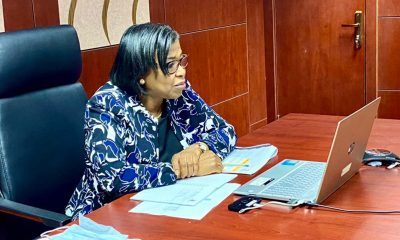

China remains Nigeria’s largest creditor
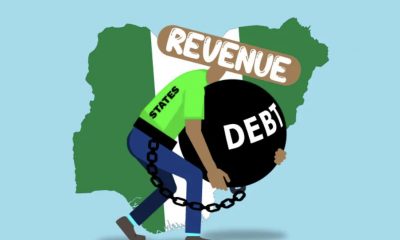

Buhari plans fresh multiple N72bn loans
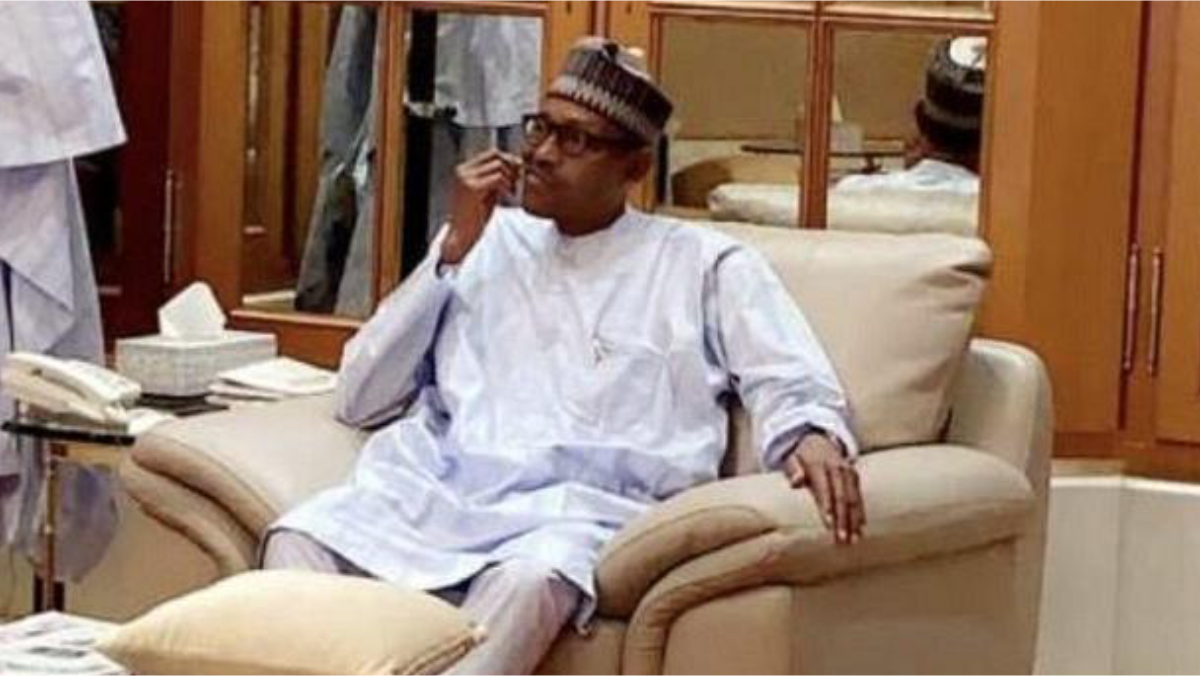

See how much Buhari administration spends on debt servicing in 5 months
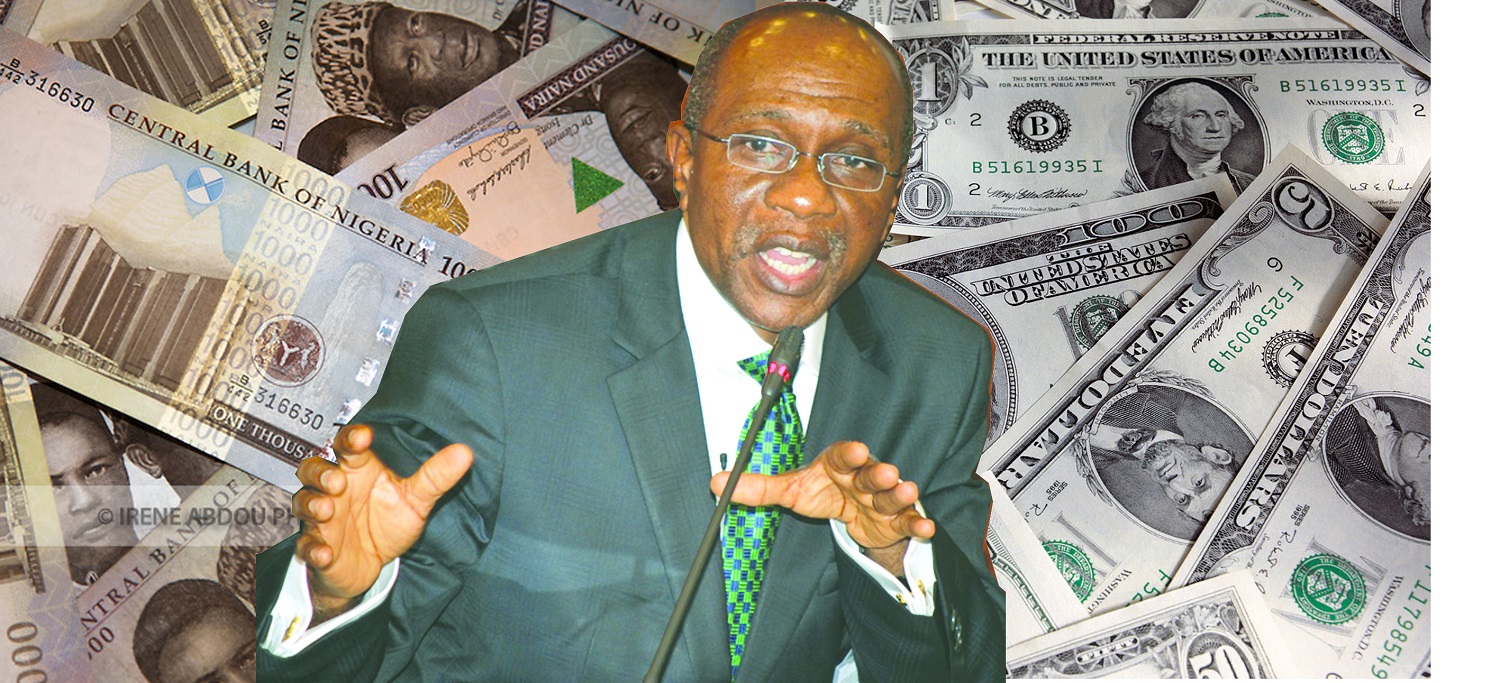

Nigeria’s finances worsen as foreign reserves dwindle
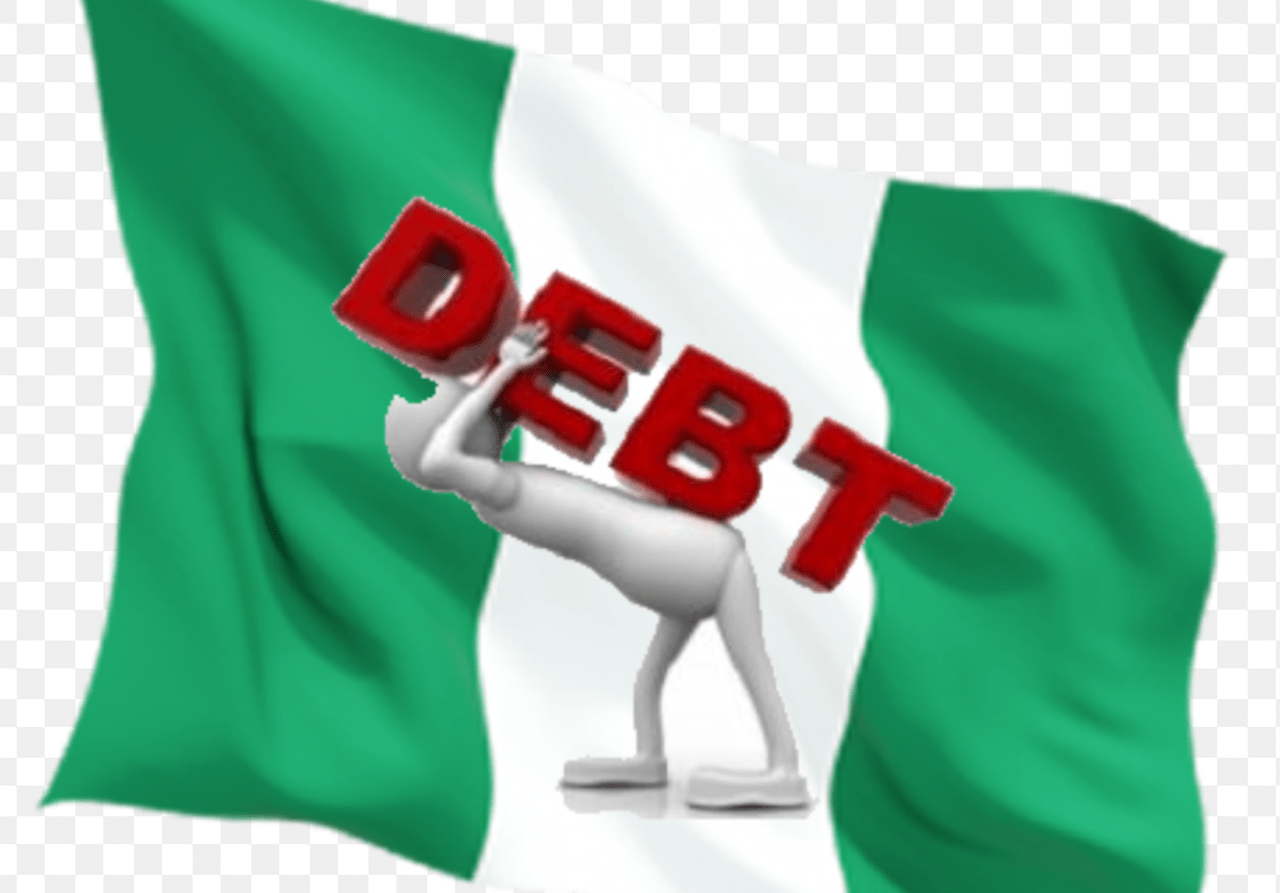

Nigeria’s debt to China under Buhari administration hits $2.02bn
Trending

 Entertainment6 days ago
Entertainment6 days agoSinger Simi faces backlash after TikToker admits to false rape allegation

 Entertainment3 days ago
Entertainment3 days agoSimi addresses resurfaced 2012 tweets amid online backlash

 Comments and Issues6 days ago
Comments and Issues6 days agoNigeria’s Declining Oil Output and Soaring Foreign Portfolio Investment Inflow

 Business7 days ago
Business7 days agoPENGASSAN warns Tinubu’s executive order on oil revenues could jeopardise 4,000 jobs

 Health1 week ago
Health1 week agoNanoplastics may disrupt brain cells that control puberty, fertility, study finds

 Comments and Issues6 days ago
Comments and Issues6 days agoEx-prince Andrew’s arrest, lessons for Nigeria
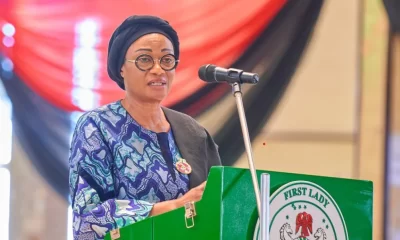
 Editorial Opinion1 week ago
Editorial Opinion1 week agoFirst Lady, Senator Oluremi Tinubu: A call to purpose beyond symbolism

 Health5 days ago
Health5 days agoSCFN, LUTH introduce bone marrow transplants as curative treatment for sickle cell

